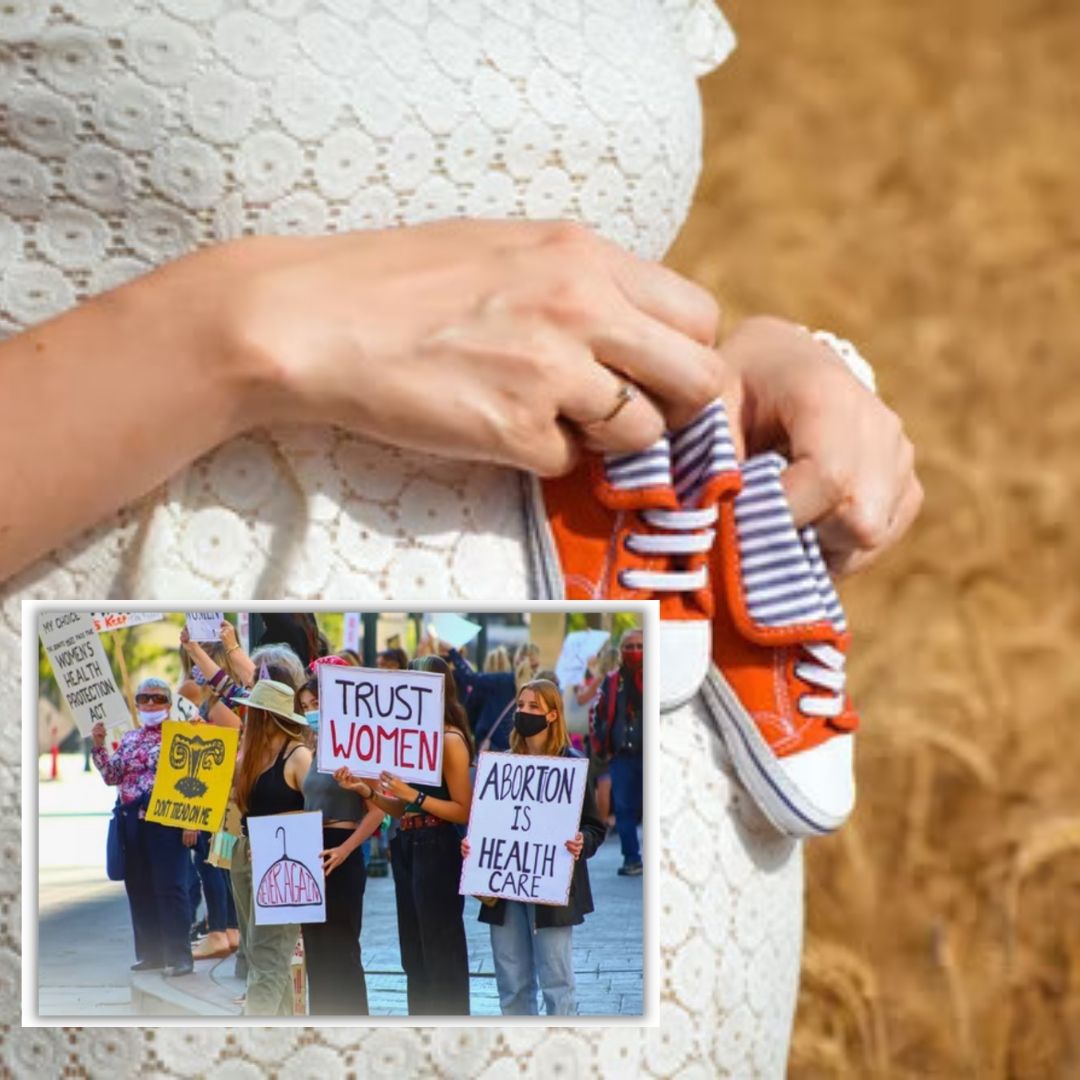67% Of Abortions Of Unintended Pregnancies In India Are Deemed Unsafe
Writer: Akanksha Saxena
I am a budding journalist who loves to write stories that have the ability to connect with people.
India, 1 April 2022 12:06 PM GMT
Editor : Ankita Singh |
A literature lover who likes delving deeper into a wide range of societal issues and expresses her opinions about the same. Keeps looking for best-read recommendations while enjoying her coffee and tea.
Creatives : Akanksha Saxena
I am a budding journalist who loves to write stories that have the ability to connect with people.
A report published by the 'United Nations Populations Fund' shared the disturbing statistics regarding global unintended pregnancies, which are recorded at 121 million.
A report published by the United Nations Population Funds (UNFPA) states that 67% of abortions in India are deemed unsafe. Around 8 women die due to an abortion-related complication every day, making it the third leading cause of maternal mortality. With an alarming rise in unintended pregnancies, the UNFPA has called it a 'global failure to uphold a basic human right.'
The organisation released the report recently, on Wednesday, titled "Seeing The Unseen: The Case For Action In The Neglected Case Of Unintended Pregnancy". The term can be easily explained as a kind of pregnancy that was unwanted and mistimed. This occurs because of either not using contraceptive methods or not being aware of the appropriate one. Even non-consensual and forceful pregnancies can fall into this category.
'Unseen' And 'Neglected': Unintended Pregnancies
According to The Indian Express, the report's inferences have shown staggering numbers. Every year, close to 121 million unintended pregnancies occur worldwide, with a daily average of 331,000. These pregnancies and intrinsically linked with a country's development. If a nation focuses more on education and development, it can stop the rising numbers of the same. In the case of India, the report only raises concerns about its condition. One out of seven unintended pregnancies comes from the country.
The news publication quotes its cause, "In many respects, unintended pregnancy can be seen as a result of gender discrimination. It occurs because of gaps in gender equality and agency. Globally, an estimated 257 million women who want to avoid pregnancy are not using safe, modern methods of contraception, and of them, 172 million women are not using any method at all."
Defining 'Unsafe' Abortions
Abortion is one of the most popular yet controversial methods for terminating the pregnancy. The process is deemed 'unsafe' when the professional performing it does not have the required skills, resulting in complications in the womb leading to complex and dangerous childbirth. "Unsafe abortion is a leading - but preventable- cause of maternal deaths and morbidities. It can lead to physical and mental health complications and social and financial burdens for women, communities, and the health system," the World Health Organisation (WHO) defines an unsafe pregnancy termination.
According to the report, 67% of abortions in India are considered unsafe. The recent years saw a rise in unintended pregnancies, resulting in around 15.6 million abortions being done in highly dangerous conditions. In 2018, nearly 13 women died due to abortion-related complications in India and the numbers only rose as the COVID-19 pandemic knocked at our doors.
While abortion has been legal in India for the past 50 years, its lack of awareness makes it taboo and inaccessible to the country's marginalised sections of society. Unsafe abortion is the third largest cause of maternal mortality. It ranges from incessantly high costs for abortion in private hospitals that further discourages women from taking the step. Another factor is a mammoth informational barrier that prevents them from knowing the right time to terminate the pregnancy, leading to many complications that can take a toll on her.
Destigmatising Sex Education
Recently, the ASHA workers in Maharashtra were barred from teaching the rural community about family planning due to a stigma attached to sex education. Despite repeated efforts, India has a long way to go to understand the proper methods to be involved in the same. Therefore, bridging the gap is a massive task for the healthcare authorities in the country to undertake.
Further, the UNFPA emphasises the need for comprehensive sex education in schools. The publication states, "If comprehensive sexuality education is not offered in school, they may lack accurate information. Pregnancy may be their default option because of few opportunities and choices."
Also Read: Surrogacy Saga: How Does India Perceive The Debatable Reproductive Method?
 All section
All section















